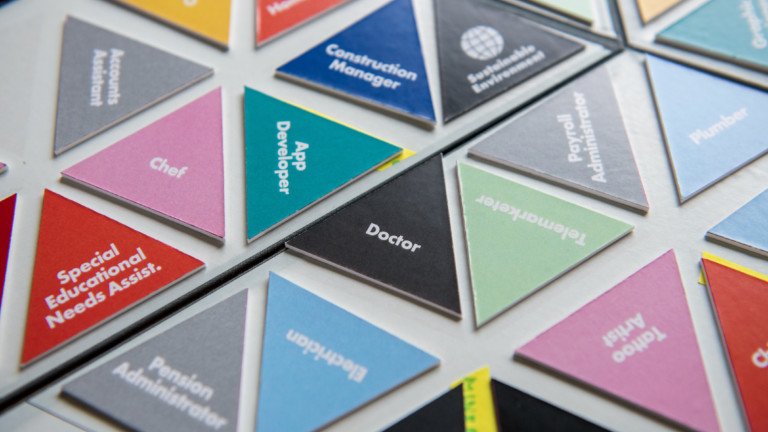Introduction by Korin Grant, Assistant Professor, Career Studies, University of Warwick, for Career Guidance for Social Justice.
Back in October I attended The World Transformed, a four day festival of left wing political art, activities and learning. I was keen to attend to find out more about universal basic income, ideas for tackling climate change and to fangirl over a few of my favourite journalists and activists in person.
What got me up nice and early on the Saturday morning was to see the World of Work game being played. This is a collaborative board game in which players aim to raise, discuss and explore the many different factors that affect our lives, work and the economy. The aim of the game is for participants to work collaboratively to protect workers in their ‘town’ from harm (and ideally help them realise a sustainable economy). The players make collective decisions with the aim of collecting social benefits (e.g. universal basic income, collective bargaining, public housing) that will improve the lives of everyone living and working in their town.
The game was played by five people, one of whom was the facilitator, Michelle Browne. Michelle created the game with support from community arts organisation, Heart of Glass. The other players had individual perspectives to bring to the game – an actor, an employment advisor, a precarious worker. Michelle was skilful in engaging the participants in the various scenarios that came up. These were cards that were either classed as economic ‘shocks’ or ‘boosts’. She would ask them to draw on their own knowledge and experiences of the world to answer questions like “Which of our workers might be most affected by this type of economic downturn?” or “What kind of law could we devise to support people in the gig economy?” or “Which social benefit might make a difference to the workers who are now most at risk?”
The game has plenty of learning applications, both in the playing and in the watching. I was seeing it through the eyes of a careers practitioner and felt these were some of the key learning areas:
Engaging in and developing understanding of the role of taxation, new labour market information, collective bargaining and the role of unions – concepts we don’t always talk about when we talk about careers with clients and young people.
Experiencing collaborative working and collective decision making as part of career exploration.
Imagining and experiencing different possible careers, worker perspectives and economic structures.
The game lasted about 90 minutes. It was a surprisingly nail-biting finish but the team did manage to secure sufficient social benefits to create a healthy work life and economy for the town!
Using board games to explore work and careers isn’t new. Some career practitioners will have the vintage 'Careers' board game lurking in their cupboard (me included). The once popular 'Game of Life' has a similar feel, and there are other examples of using board games as tools in career exploration. The difference with World of Work comes in the aims of the game - for the whole town to achieve personal fulfilment and well-being - and the collaborative nature of the work that is required to win.
Michelle has been working with Heart of Glass for many years. Here, she tells us more about how the game came to be, how she hopes it creates space for agency and how others can get involved:
World of Work by Michelle Browne
World of Work grew out of an invitation by Heart of Glass in 2016 to develop a piece of work at the former headquarters of the glass manufacturing company Pilkington (Alexandra Business Park, St Helens). I initially wrote and performed a semi fictional tour of the building that brought the listener through a history of work from the time of the industrial revolution up to the present day, through the life of a Pilkington employee. I interviewed many people who had been connected to Pilkington in the development of the piece, and through these conversations and the writing it quickly became apparent that St Helens had a particular history with work and, following the decline of manufacturing in the town, large levels of unemployment and worklessness.
In 2018 I was invited to delve deeper into this subject and was ably assisted by the Heart of Glass production team to meet a range of people across the town that were engaged in creating work or getting people into work. I also met with council staff that were thinking about the overall repositioning of the town as a logistics hub. St Helens College was training people to work in this sector and had a board game that was used to teach students about international logistics and their role within this system. The idea for a board game grew out of these experiences. World of Work is not an ordinary board game. It is a cooperative board game where everyone plays together, meaning you win or lose together.
Developing World of Work
I began developing the game in 2019 and worked with a group of design students in St Helens College to think about what a game that dealt with the complexity of work would look like. We played many different games, looked at different game mechanics and gradually honed what the content of the game might be, drawing on their experiences of work in their families and extended networks. The students also developed their own games based on subjects of their choosing, looking at how games could be used to tackle various subjects.
World of Work was then fully developed and realised with graphic designer Dave Darcy who helped to develop a look and feel that was in keeping with the themes of the game. This process was iterative and the game was tested in St Helens with multiple community groups including an older people’s knitting group, St Helens Carers Centre and games enthusiasts in the town.
Playing the game
The final game works on two levels; at the basic level, players are trying to keep workers in employment as they face situations that will either create or cut jobs in a town like St Helens. The players have to work together and decide which kinds of workers will be impacted by this 'shock' or 'boost' to employment. Each player has their own role that brings with it a special skill to the team: for example a social worker might bring emotional intelligence that allows them to impact job creation for the workers on the board. At the macro level, players are also trying to collect social benefits that will create a better life for the workers on the board such as basic income, collective bargaining or a sustainable environment. The aim is to collect four of these social benefits before too many workers become redundant and you can’t move around the board anymore.
I am interested in how games offer an opportunity for us to experience a situation or set of circumstances. I was also thinking about how we understand play to be the opposite of work. In his book Bullshit Jobs: A Theory, David Graeber writes:
‘As early as 1905, the German Psychologist Karl Groos discovered that infants express extraordinary happiness when they first figure out they can cause predictable effects in the world... Groos coined the phrase ‘the pleasure at being cause’, suggesting that it is the basis of play, which he saw as the exercise of powers simply for the space of exercising them’.
I wanted to create a space for the ‘pleasure at being cause’, to create agency around an issue that many people can feel disengaged from, where players have to deal with fundamental inequalities and global impacts that have contributed to St Helens (and other similar towns around the UK) having such large-scale unemployment and worklessness. World of Work offers the space to think strategically about the future of a town like St Helens and how personal, social and political decisions impact one's ability to work and stay in employment.
What's next
In 2023 Heart of Glass commissioned a video work of the gameplay, currently in post production. We have hosted a number of games with diverse constituents in the area of work and employment: from an employment officer to a business development officer, a student to a borough councillor, to look at different experiences and viewpoints and what they might bring to the gameplay. The video will launch later this year and be used to engage communities in the region to play the game and explore the ideas inherent in it.
In 2023 Heart of Glass secured support from the Paul Hamlyn Foundation (PHF) to develop Speculative Futures, a programme of work centring the voices of young people, and supporting conversations between young people and decision makers so they have the opportunity to influence and shape the future of the place they live.
Through the support of PHF Heart of Glass have worked with Michelle to create an accessible version of World of Work, take part in events like The World Transformed Festival and develop a video resource which will be shared with young people, those supporting people into employment and access to careers, policy makers and the wider community. We hope through Michelle’s work and the wider programme to support continued conversations and start new ones around the themes highlighted in World of Work, which feel ever more relevant and prevalent today.
If you would be interested in hearing more about World of Work or finding out ways to be part of these conversations please contact Kate at kate@heartofglass.org.uk.
This article was co-authored by Korin Grant and Michelle Browne for Career Guidance for Social Justice. With thanks to Korin, Michelle, Careers Guidance for Social Justice and The World Transformed.
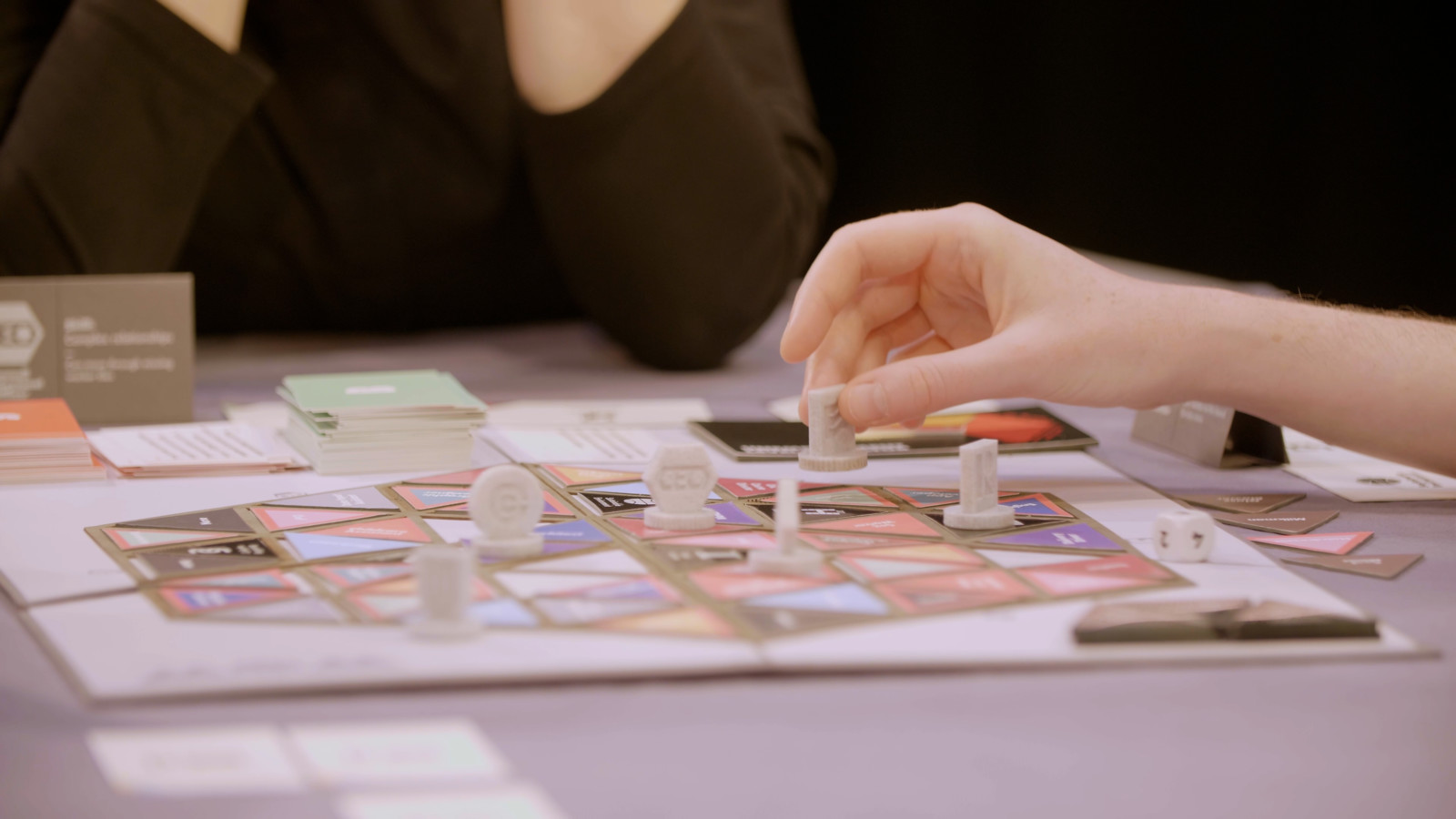
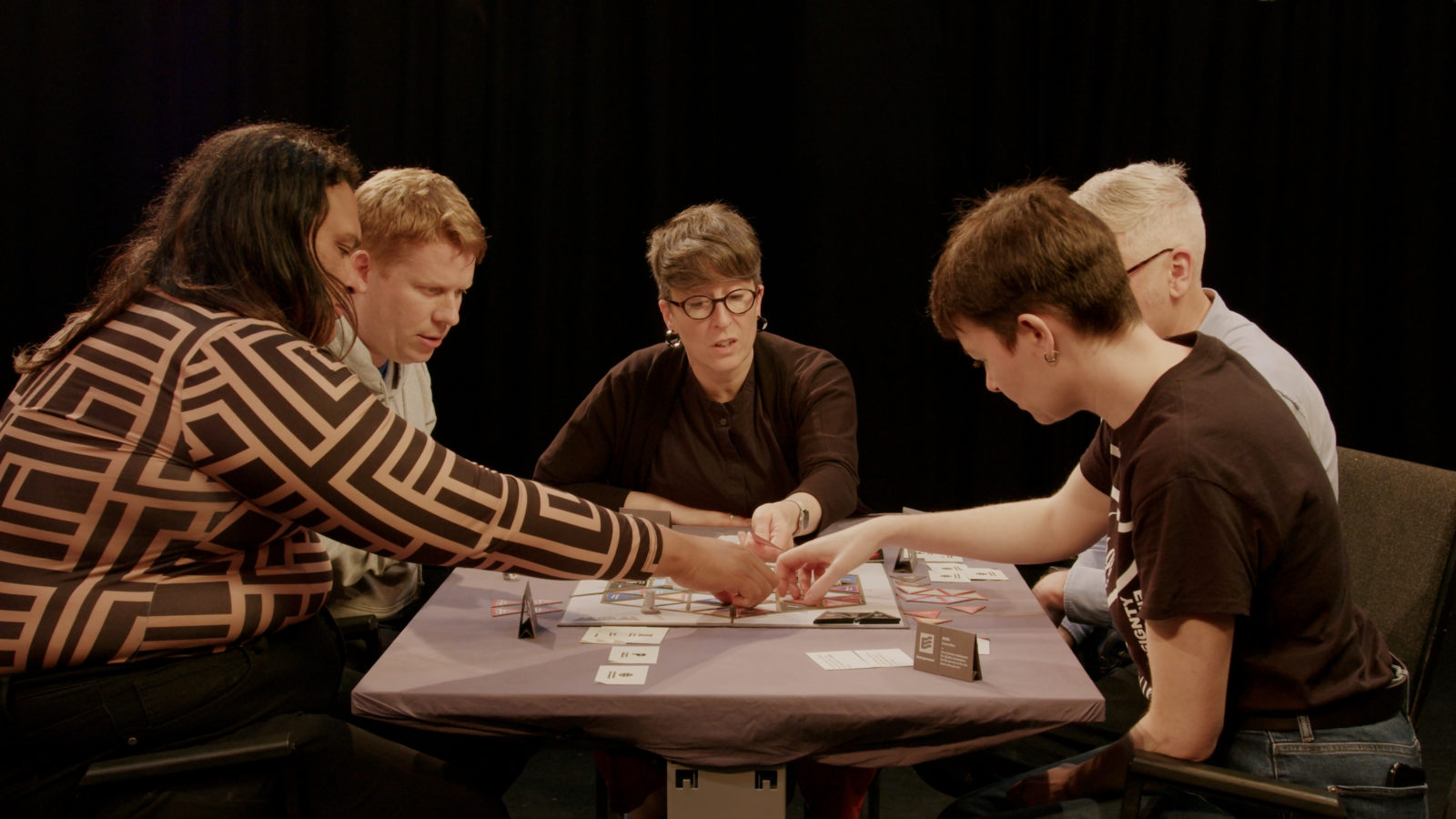
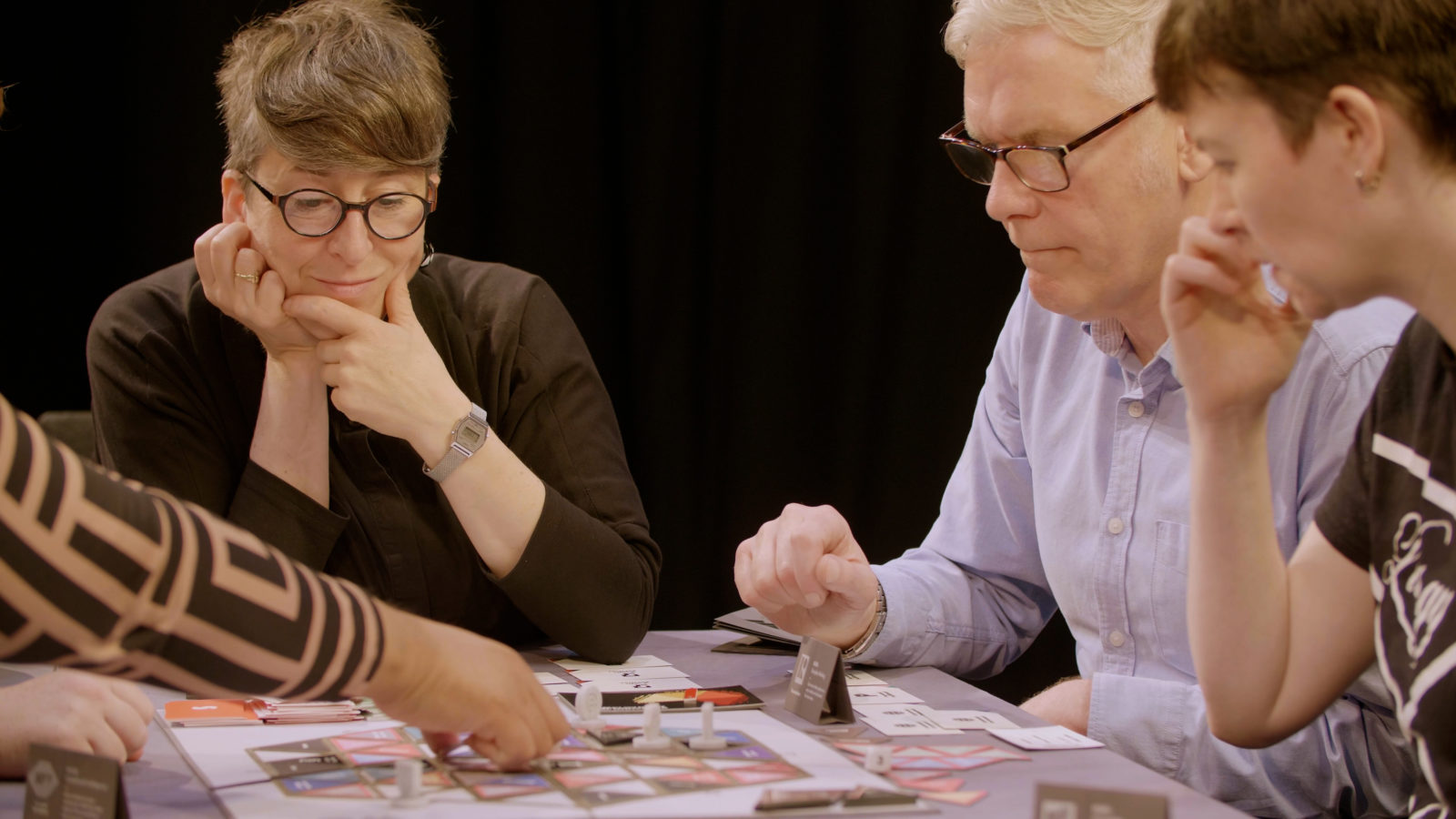

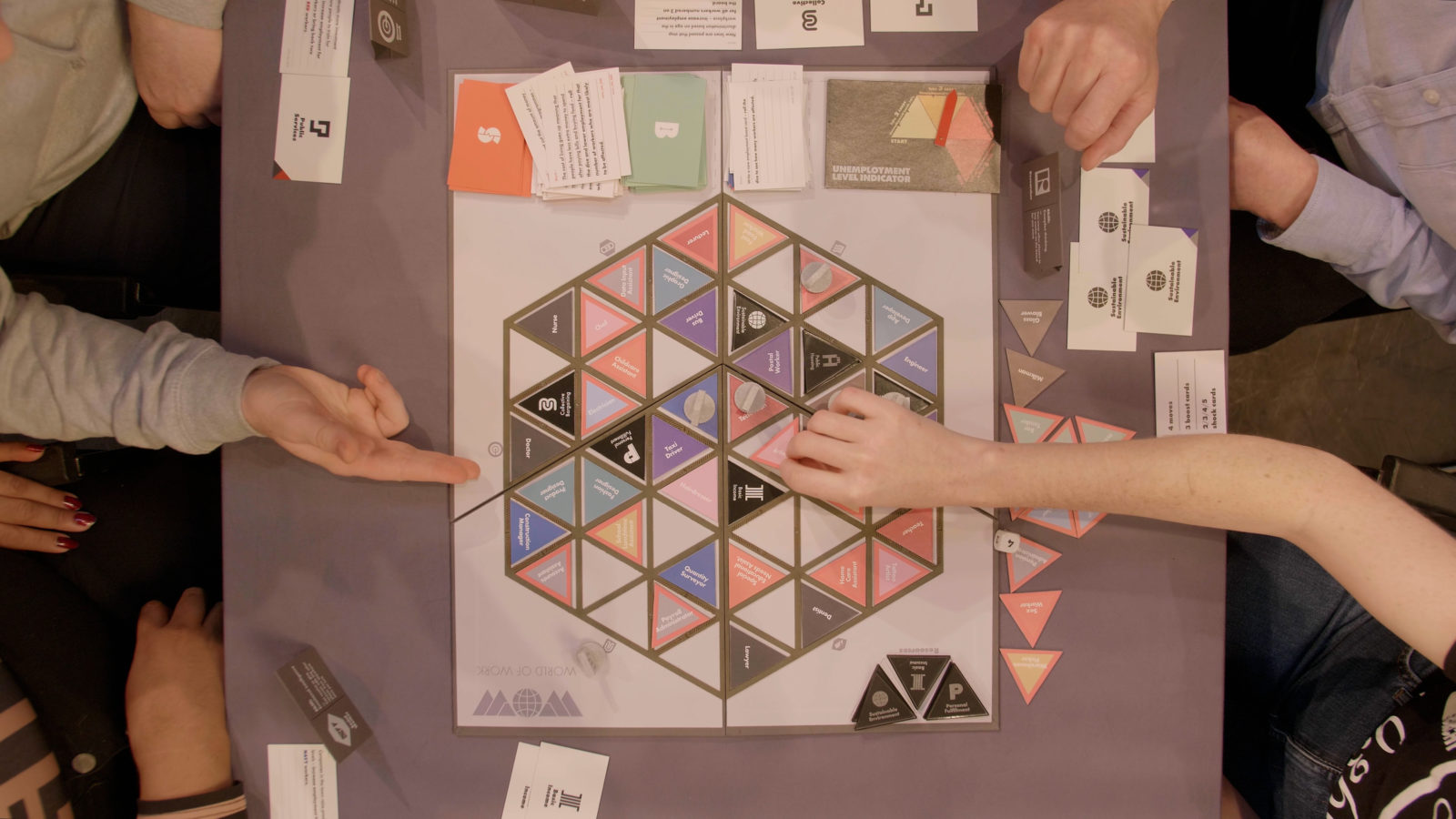
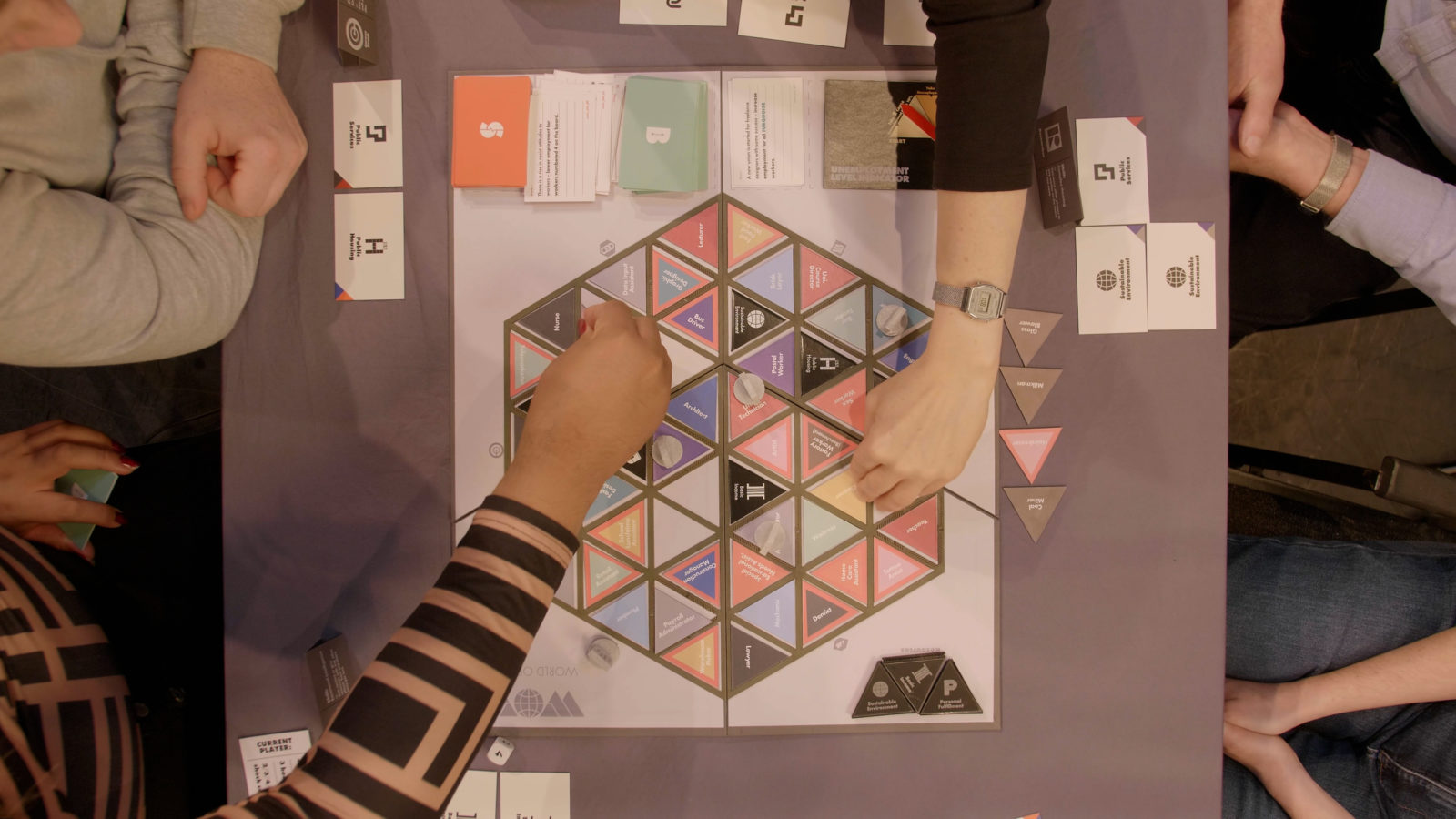
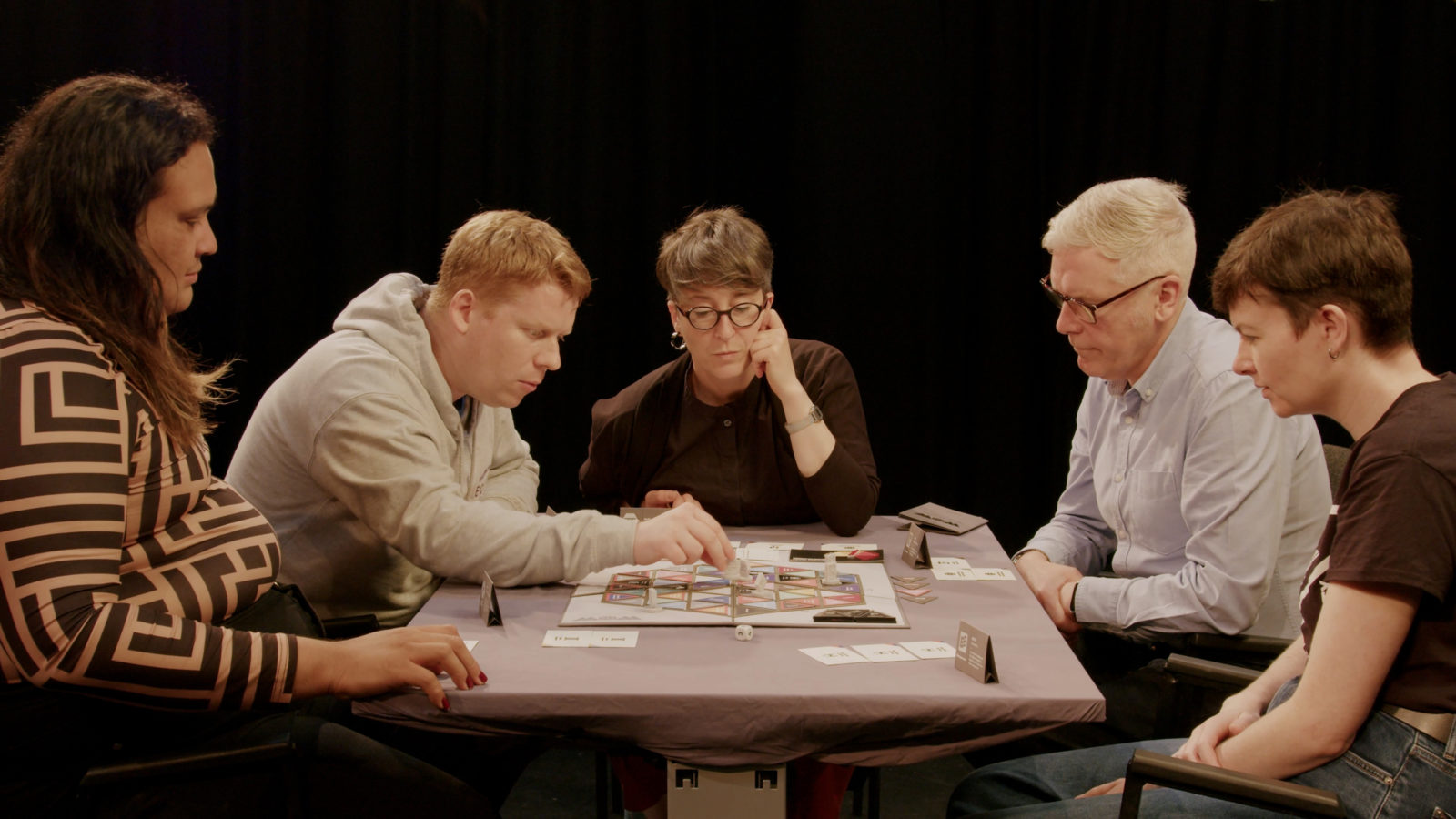
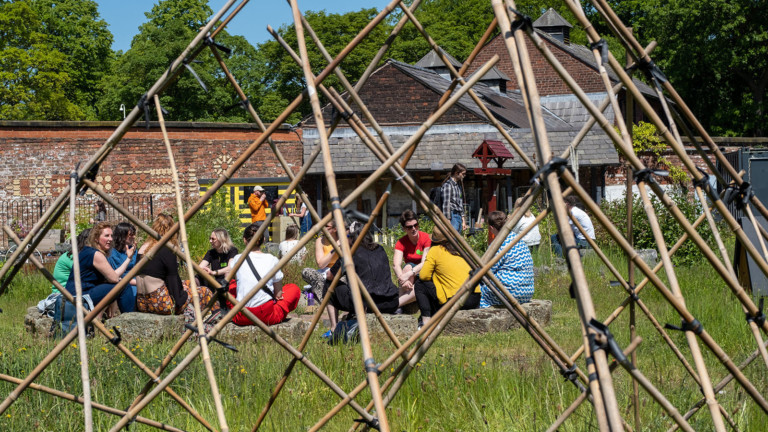
 On Now
On Now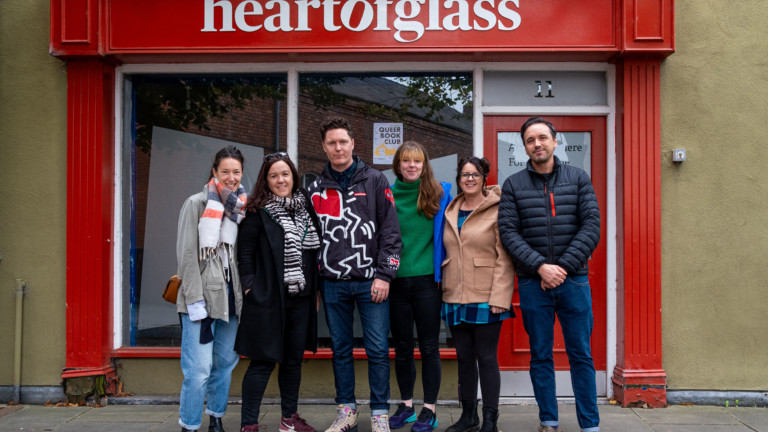
 News
News Short Read
Short Read